Filter by
Allergy Medicine for Cats
Allergy meds for cats can provide relief from itching, sneezing, ear infections, and digestive issues caused by environmental, skin, and food allergies. With the right cat allergy medicine, you can improve your cat’s quality of life and prevent uncomfortable symptoms.
-
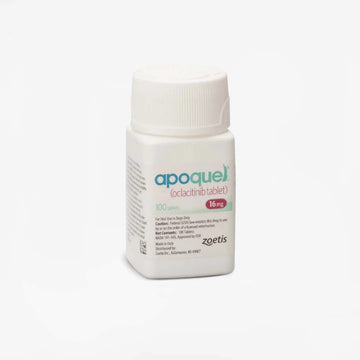
Apoquel (Rx)
$3.19 / unit
Multiple options available
-
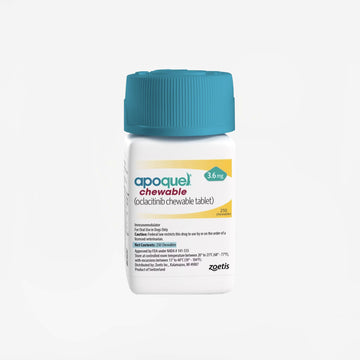
Apoquel Chewable (Rx)
$3.07 / unit
Multiple options available
-
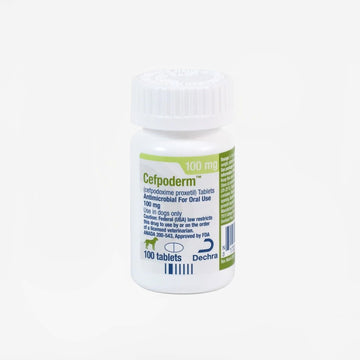
Cefpodoxime (Rx)
$1.70 / unit
Multiple options available
-
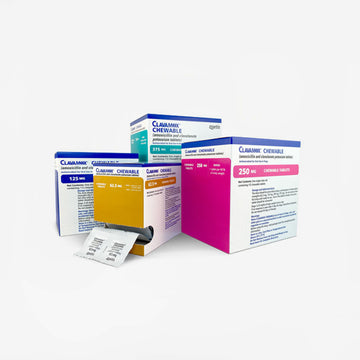
Clavamox (chewable tablet) (Rx)
$0.85 / unit
Multiple options available
-
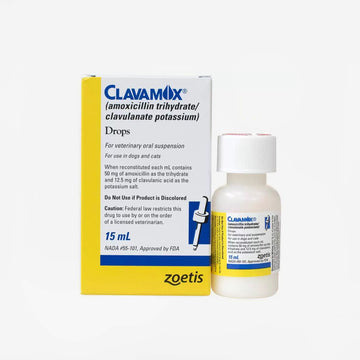
Clavamox (suspension) (Rx)
$41.99 / unit
-

Cephalexin (Rx)
$0.50 / unit
Multiple options available
-

Prednisolone (Rx)
$0.25 / unit
Multiple options available
-
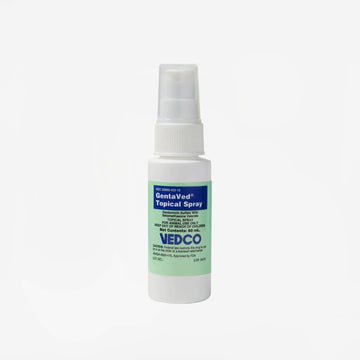
Gentamicin/Betamethasone Topical Spray (Rx)
$9.57 / unit
Multiple options available
-
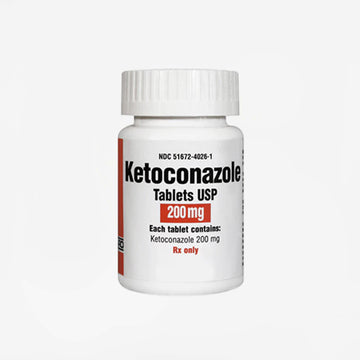
Ketoconazole (Rx)
$0.94 / unit
Multiple options available
-
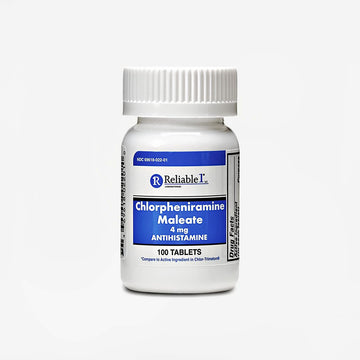
Chlorpheniramine (Rx)
$0.09 / unit
-
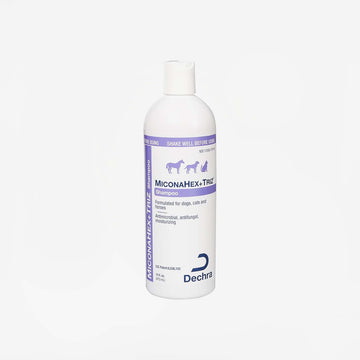
MiconaHex+Triz Shampoo for Dogs & Cats
$29.55 / unit
-

Hydroxyzine (Rx)
$0.19 / unit
Multiple options available
-

Cetirizine
$8.99 / unit
-
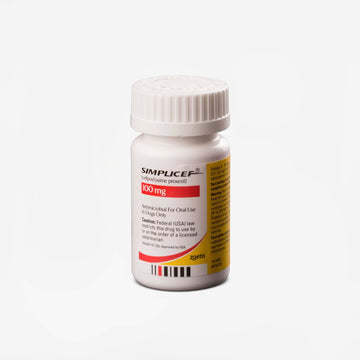
Simplicef (Rx)
$2.26 / unit
Multiple options available
-

Purina Pro Plan Veterinary Diets HA Hydrolyzed for Cats
$41.99 / unit
Multiple options available
-
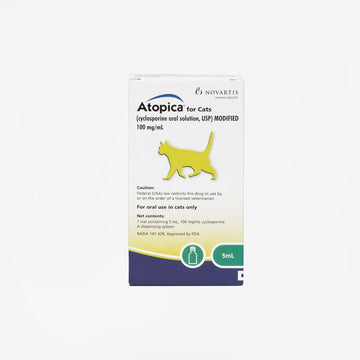
Atopica for Cats (Rx)
$58.18 / unit
Multiple options available
-
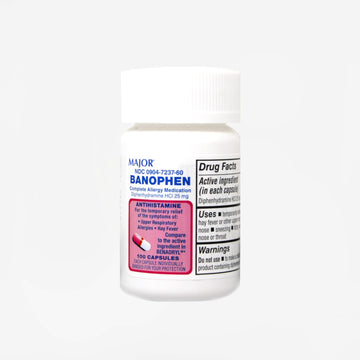
Banophen Allergy Tablet (Diphenhydramine) 25mg
$3.99 / unit
-

Atopica (Rx)
$42.88 / unit
Multiple options available
-

Rilexine (Cephalexin) Chewable Tablets (Rx)
$32.93 / unit
Multiple options available
-

Ketorolac Ophthalmic Solution (Rx)
$183.09 / unit
Frequently asked questions
How do I know if my cat has allergies?
How do I know if my cat has allergies?
While there are a few different types of allergies in cats, including food allergies, atopic dermatitis, and flea allergies, the most common symptom is itchy skin. Itchy skin can be temporarily relieved with anti-itch medicine for cats, but it won’t treat the underlying cause of the allergies, so it’s only a temporary fix. In addition to excessive itching, cats with allergies may experience:
- Skin and ear infections
- Excessive grooming, licking, and scratching
- Digestive issues like diarrhea and vomiting
Can I give my cat Benadryl?
Can I give my cat Benadryl?
Benadryl is an effective allergy med for humans that is safe for cats. However, you should consult your vet before giving your cat any human medicine because they require different dosages.
Depending on your cat’s health history, symptoms, and current medications, Benadryl might not be the safest option for your cat. In addition, Benadryl and other antihistamines for cats may treat symptoms like itchy skin, but they don’t target the root cause of your cat’s allergies. Therefore, once you stop giving them Benadryl, they will likely experience itchy skin again.
What’s the best allergy medicine for cats?
What’s the best allergy medicine for cats?
Several allergy medicines are available for cats, but the right one for your pet depends on its type of allergies. A few allergy medicines for cats your vet might recommend include the following:
- Revolution Plus for Cats: Revolution Plus is a topical parasite preventative for cats that treats parasites, such as fleas, ticks, and ear mites, that may cause allergic reactions in cats.
- Douxo S3 Pyo Mousse: Douxo is a topical therapy used to treat skin infections in pets due to allergies to reduce inflammation and prevent itching.
- Prednisone: Prednisone is a prescription allergy medicine for cats that can treat allergic reactions, asthma due to allergies, hives, and itchy skin.
- Chlorpheniramine: Chlorpheniramine is a prescription antihistamine for cats used to treat itchy skin and other allergic conditions.
Remember, allergy medicine for cats aims to reduce the symptoms. However, your cat will still be allergic to whatever is causing the reactions. Therefore, you must determine what your cat is allergic to and try to reduce allergens in its environment. Dutch can help diagnose and treat allergies in cats to prevent allergic reactions and reduce the need for medication.
How much allergy medication should I give my cat?
How much allergy medication should I give my cat?
How much cat allergy medication you give your pet depends on their weight. The recommended dosage for Benadryl is one or two mgs per pound of weight. However, the right dosage for your cat will depend on the type of medication they’re on. Always consult your vet if you’re unsure how much medicine to give your pet to avoid potentially dangerous side effects.
If your cat has allergies, schedule an appointment with a Dutch vet. Dutch telemedicine for pets can diagnose and treat allergies and help you determine the underlying cause of your cat’s symptoms. In addition, we can treat various illnesses and symptoms, offering anxiety, diarrhea, and itch-relief medicine for cats.






















